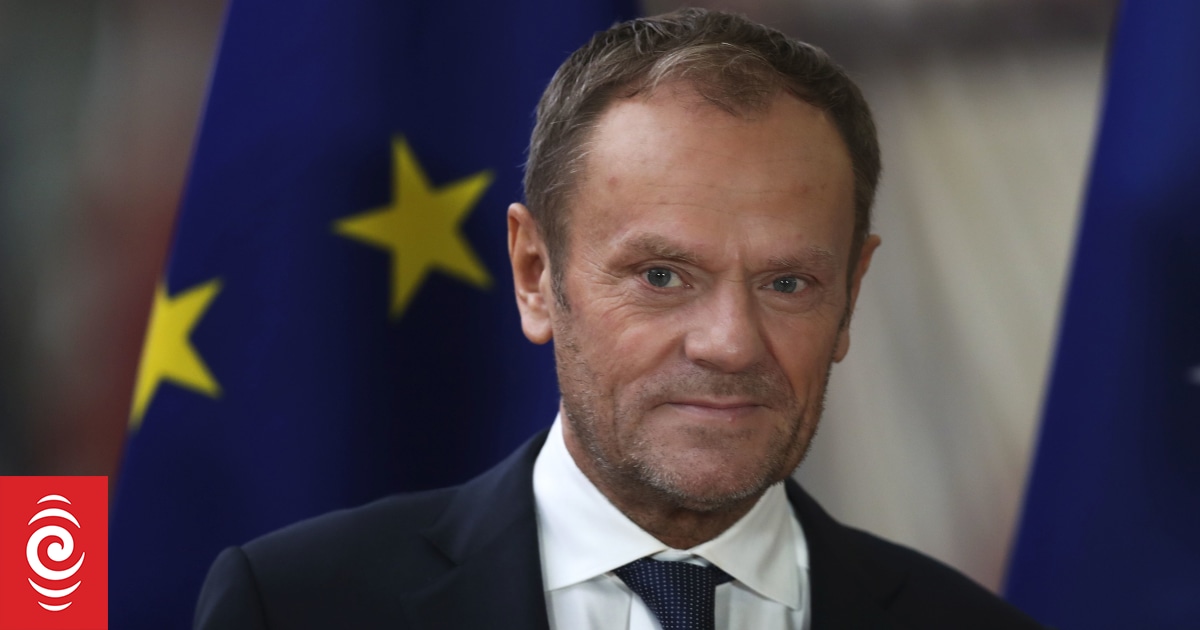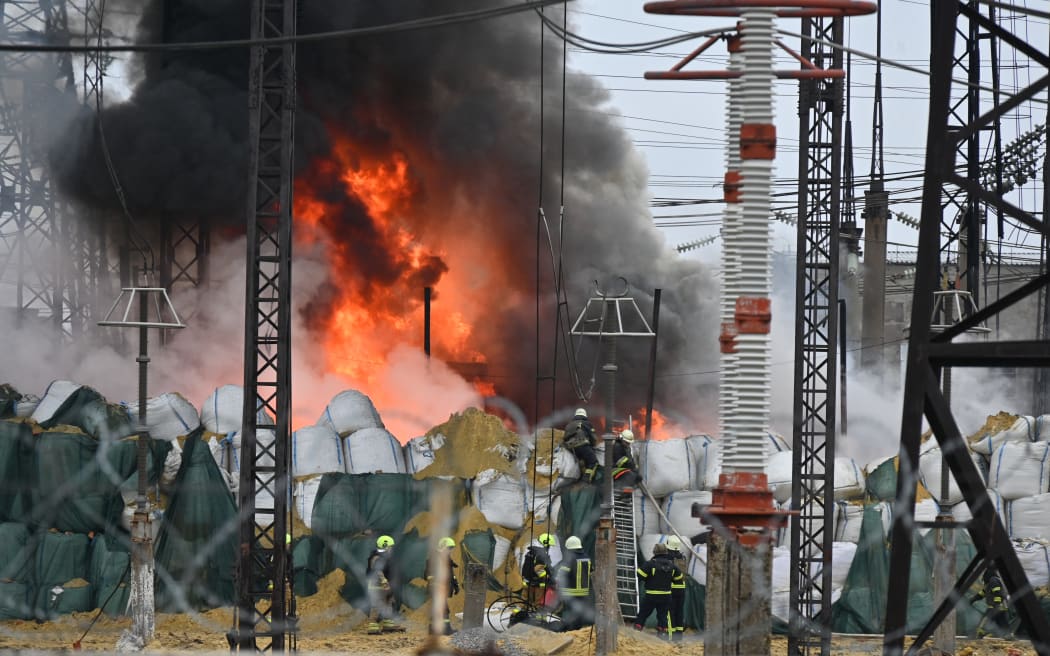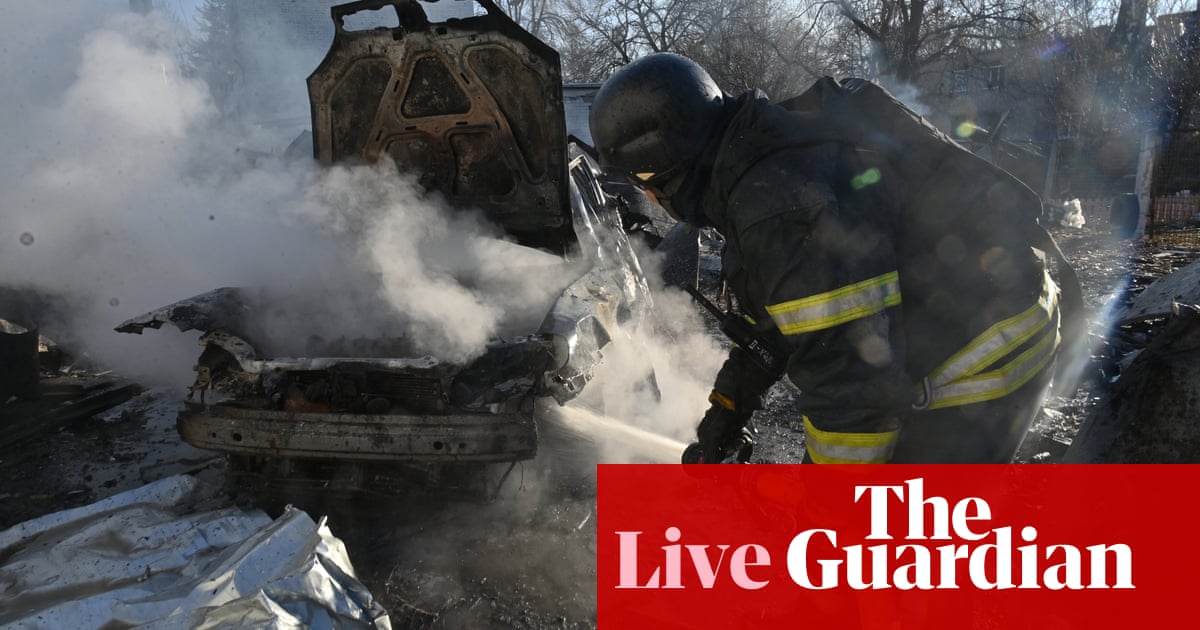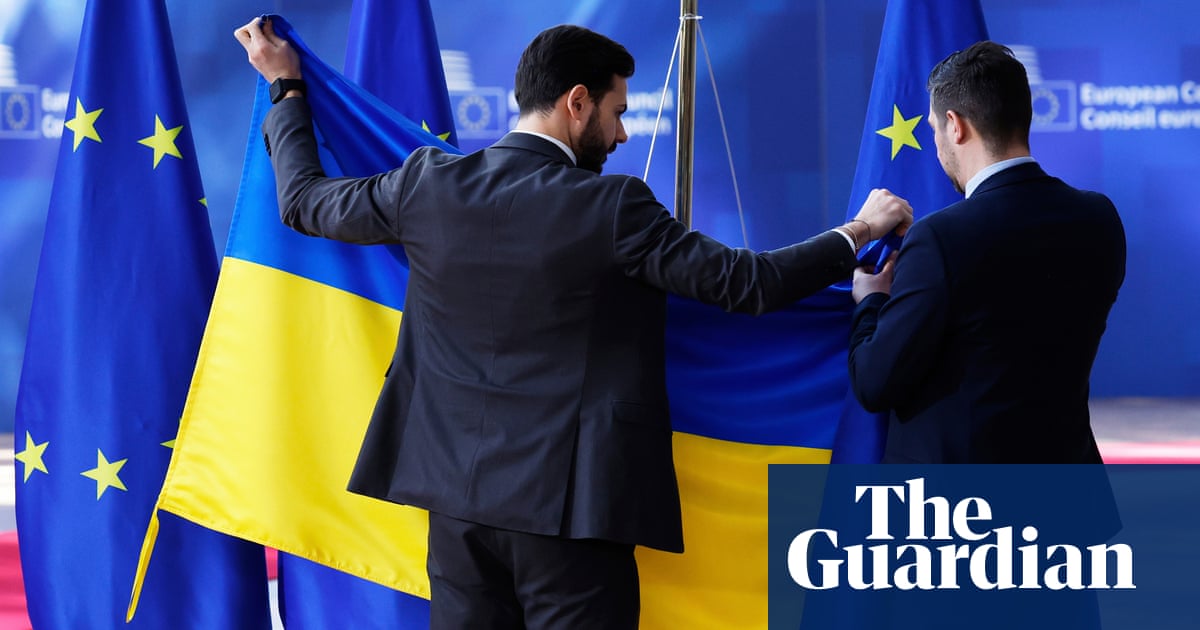War a real threat and Europe not ready, warns Poland’s PM

By Paul Kirby, BBC News
Polish Prime Minister Donald Tusk.
Photo: AP / Francisco Seco
Polish Prime Minister Donald Tusk has delivered a blunt warning that Europe has entered a “pre-war era” and if Ukraine is defeated by Russia, nobody in Europe will be able to feel safe.
“I don’t want to scare anyone, but war is no longer a concept from the past,” he told European media. “It’s real and it started over two years ago.”
His remarks came as a fresh barrage of Russian missiles targeted Ukraine.
Russia has intensified its bombardment of Ukraine in recent weeks.
Overnight into Friday Ukraine’s air force said it had shot down 58 drones and 26 missiles and Prime Minister Denys Shmyhal said energy infrastructure had been damaged in six regions, in the west, centre and east of the country.
Ukraine’s national energy company has announced emergency blackouts in three regions of the country – Dnipropetrovsk, Zaporizhzhia and Kirovograd – and has urged consumers to limit electricity use. The provider, Ukrenergo, blamed “the massive Russian attack on Ukrainian power plants overnight”.
Tusk, a former president of the European Council, said Russian President Vladimir Putin had already blamed Ukraine for the jihadist attack on Moscow’s Crocus City Hall without any evidence and “evidently feels the need to justify increasingly violent attacks on civil targets in Ukraine”.
He pointed out that Russia had attacked Kyiv with hypersonic missiles in daylight for the first time earlier this week.
He used his first foreign interview since returning to office as Polish prime minister at the end of last year to deliver a direct appeal to Europe’s leaders to do more to bolster its defences.

This handout photograph released by Telegram Channel of Ukraine’s Prime Minister Denys Shmyhal on 22 March 2024, shows smoke and fire rising over the dam of Dnipro hydroelectric power plant after a missile attack in Zaporizhzhia, amid the Russian invasion in Ukraine.
Photo: SERGEY BOBOK / AFP
Regardless of whether Joe Biden or Donald Trump won November’s United States presidential election, he argued Europe would become a more attractive partner to the US if it became more self-sufficient militarily.
It was not about Europe achieving military autonomy from the US or creating “parallel structures to Nato”, he said. Poland now spent 4 percent of its economic output on defence and every other European country should spend 2 percent of GDP, with the European Union as a whole mentally prepared to fight for its security.
Since Russia launched its full-scale war in Ukraine, relations with the West have reached their lowest ebb since the worst days of the Cold War, although Putin said this week that Moscow had “no aggressive intentions” towards Nato countries.
The idea that his country would attack Poland, the Baltic states and the Czech Republic was “complete nonsense”, he said. And yet he also warned that if Ukraine used Western F-16 warplanes from airfields in other countries, they would become “legitimate targets, wherever they might be located”.
This is not Tusk’s first warning of a pre-war era. He gave centre-right European leaders a similar message earlier this month.
However, he revealed that Spain’s Prime Minister, Pedro Sánchez, had asked fellow EU leaders to stop using the word “war” in their summit statements, because people did not want to feel threatened. Tusk said he had replied that in his part of Europe, war was no longer an abstract idea.
Appealing for urgent military aid for Ukraine, he warned that the next two years of the war would decide everything: “We are living in the most critical moment since the end of the Second World War.”
What was most worrying now, he told journalists from some of Europe’s biggest newspapers, was that “literally any scenario is possible”.
He remembered a photo on the wall of his family home in Poland that showed people laughing on a beach at Sopot, near Gdansk where he was born, on the southern Baltic coast.
The image was from 31 August 1939, he said, then a dozen hours later and 5 kilometres away, World War II began.
“I know it sounds devastating, especially to people of the younger generation, but we have to mentally get used to the arrival of a new era. The pre-war era,” he warned.
Despite his chilling remarks, Tusk was more optimistic about what he called a real revolution in mentality across Europe.
When he was Polish prime minister for the first time, from 2007 to 2014, he said few other European leaders beyond Poland and the Baltic states realised Russia was a potential threat.
He praised several European leaders and highlighted the importance of security co-operation between Poland, France and Germany – an alliance known as the Weimar Triangle. And he pointed to Sweden and Finland, once paragons of pacifism and neutrality but now members of Nato.
Meanwhile, Ukraine’s newly appointed commander-in-chief General Oleksandr Syrskiy admitted in a rare interview that Russia was outgunning Ukrainian forces “about six to one” on the front line.
“The defence forces are now performing tasks along the entire vast front line, with little or no weapons and ammunition,” he warned in an interview with the Ukrinform news agency, saying the situation was “tense” in some areas.
Syrskyi said Ukraine had lost territory it would “undoubtedly have retained” with “a sufficient number of air defence systems and artillery shells”, and said the country hoped to receive more aid and missiles soon.
Analysis
The latest warning from Poland’s Prime Minister echoes what his neighbours in the Baltic states have been saying for some time; if Russia can get away with invading, occupying and annexing whole provinces in Ukraine then how long, they fear, before President Putin decides to launch a similar offensive against countries like theirs, that used to be part of Moscow’s orbit?
Defence spending per capita is noticeably higher in the Nato countries bordering Russia than it is in western Europe.
Vladimir Putin, who critics say has just “reappointed himself” to a fifth presidential term in a “sham election”, has recently said he has no plans to attack a Nato country.
But Baltic leaders like Estonia’s Prime Minister Kaja Kallas say Moscow’s word cannot be trusted. In the days leading up to Russia’s full-scale invasion of Ukraine in February 2022 Russia’s Foreign Minister Sergei Lavrov dismissed Western warnings of the imminent invasion as “propaganda” and “Western hyperbole”.
– Frank Gardner, security correspondent
This story was originally published by the BBC.
Related
Zelenskyy reiterates call for air truce after huge Russian attack…
We need Russia to stop attacks, Zelenskyy says, backing calls for truce in air, at seaUkrainian president Volodymyr Zelenskyy has responded to overnight attacks
Europe scrambles to rearm as Trump threatens security guarantees and…
CNN — European leaders have vowed to rearm the continent at historic emergency talks h
Russia launches ‘massive’ attack on Ukraine after Europe rushes to…
Ukraine's energy and gas infrastructure came "under massive missile and drone shelling" by Russia on Friday, a Ukrainian minister said."The energy and gas infra
American severance may be averted, but Europe’s leaders must fear…
With a mixture of regret, laced with incredulity, European leaders gathered in Brussels to marshal their forces for a power struggle not with Russia, but with t












